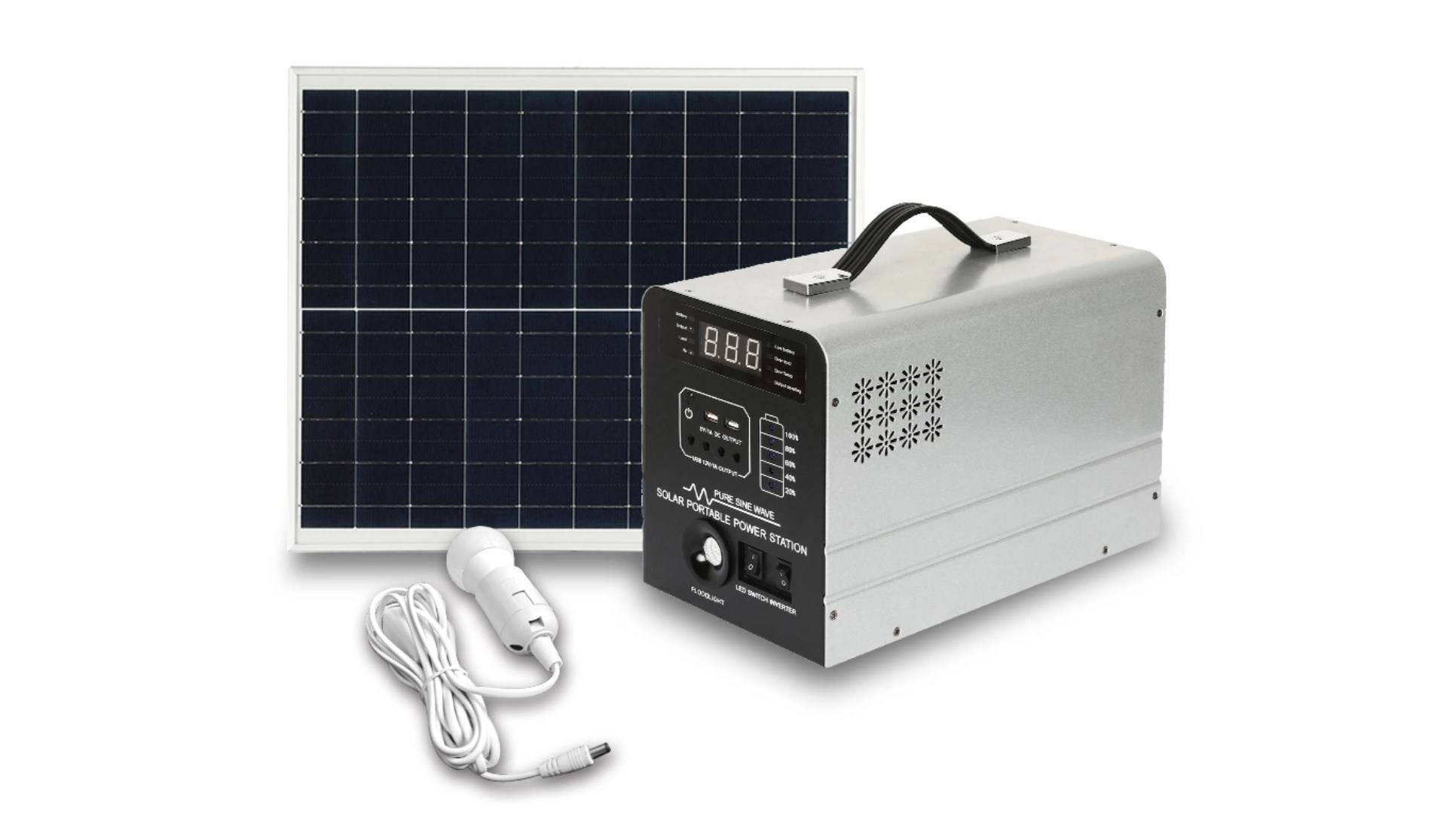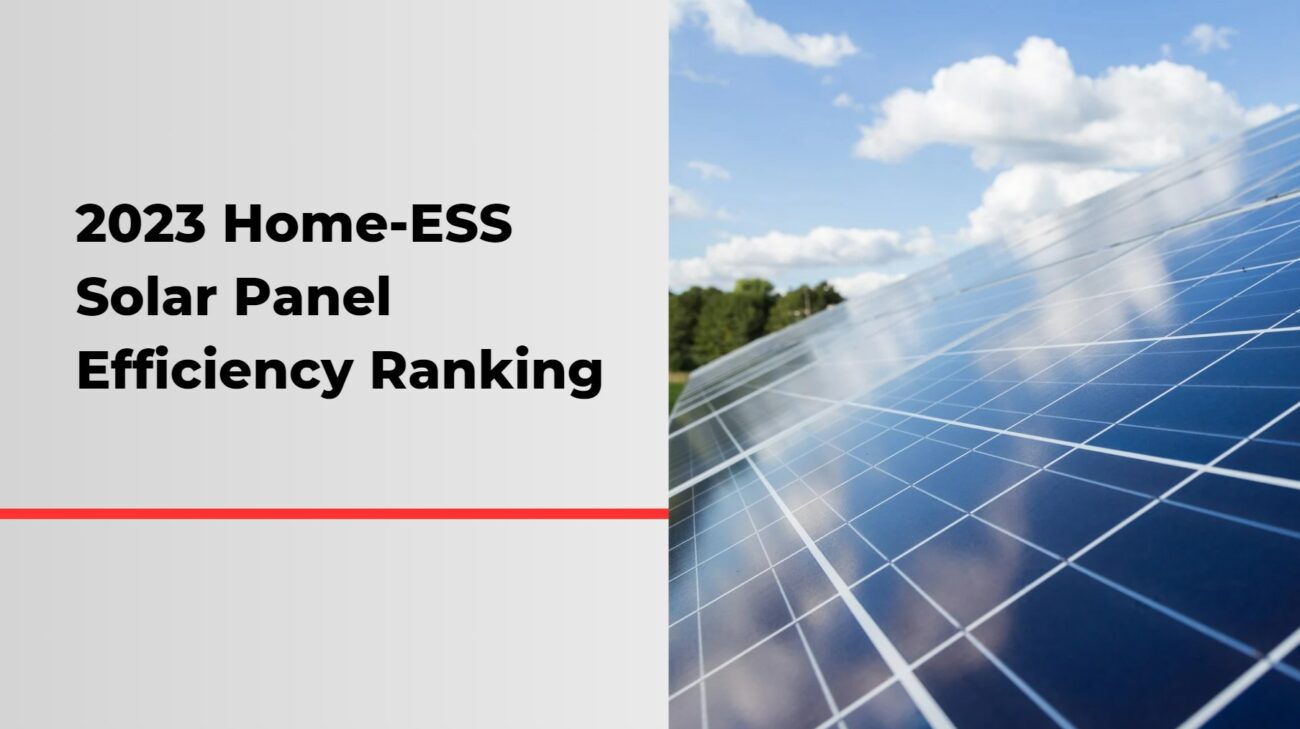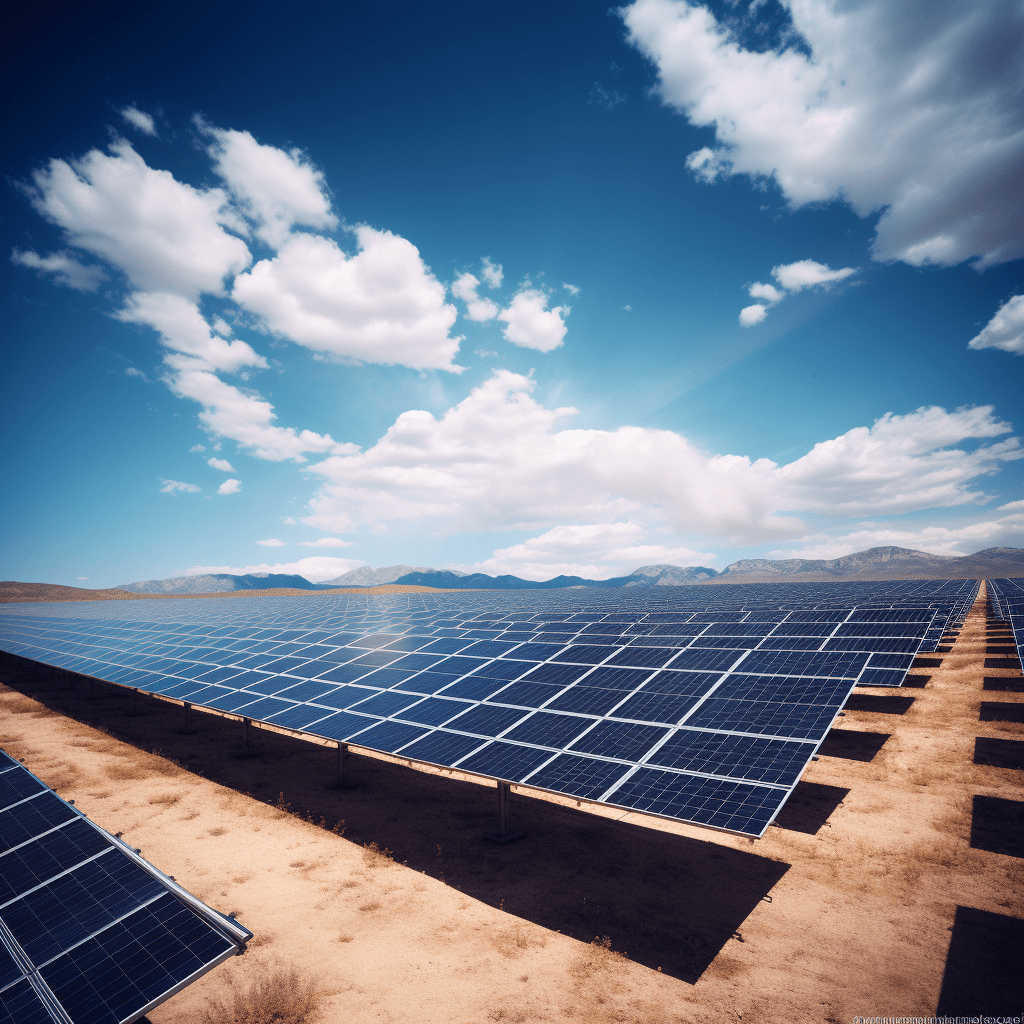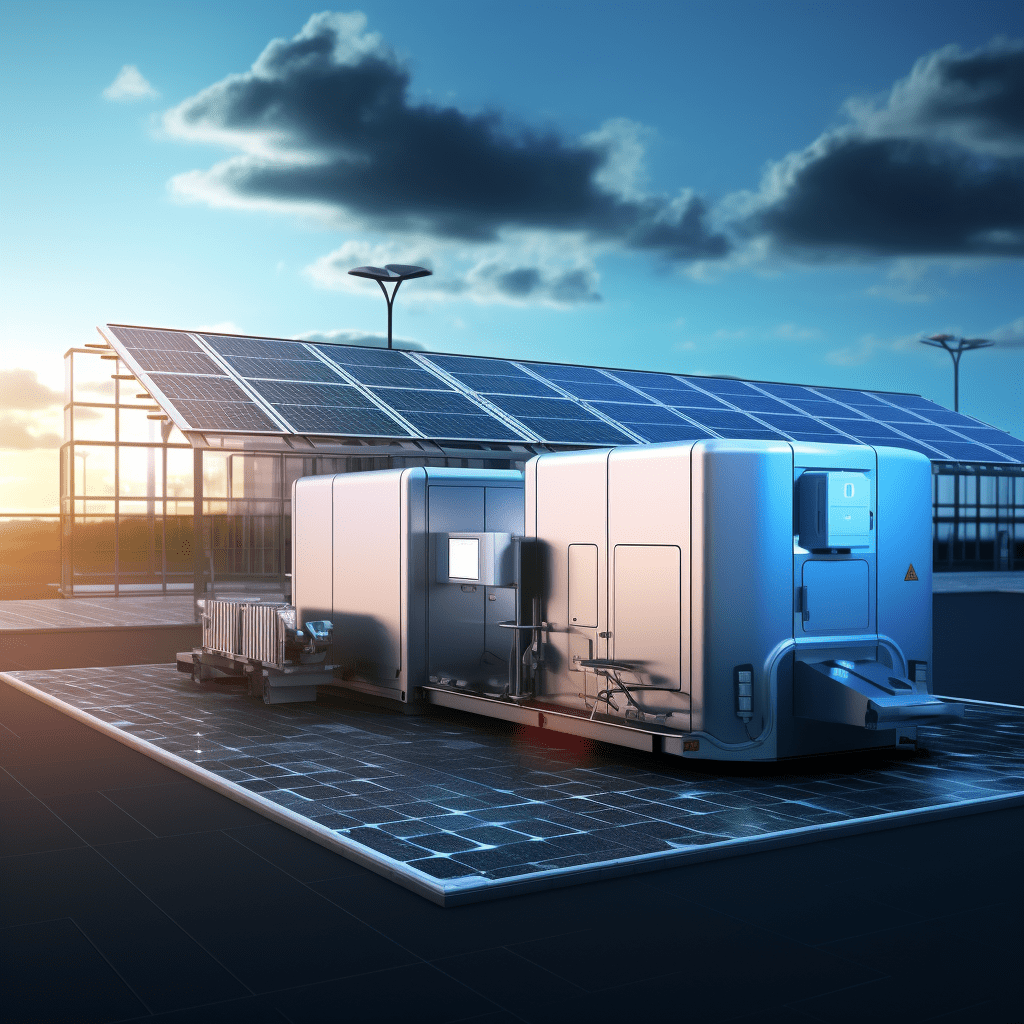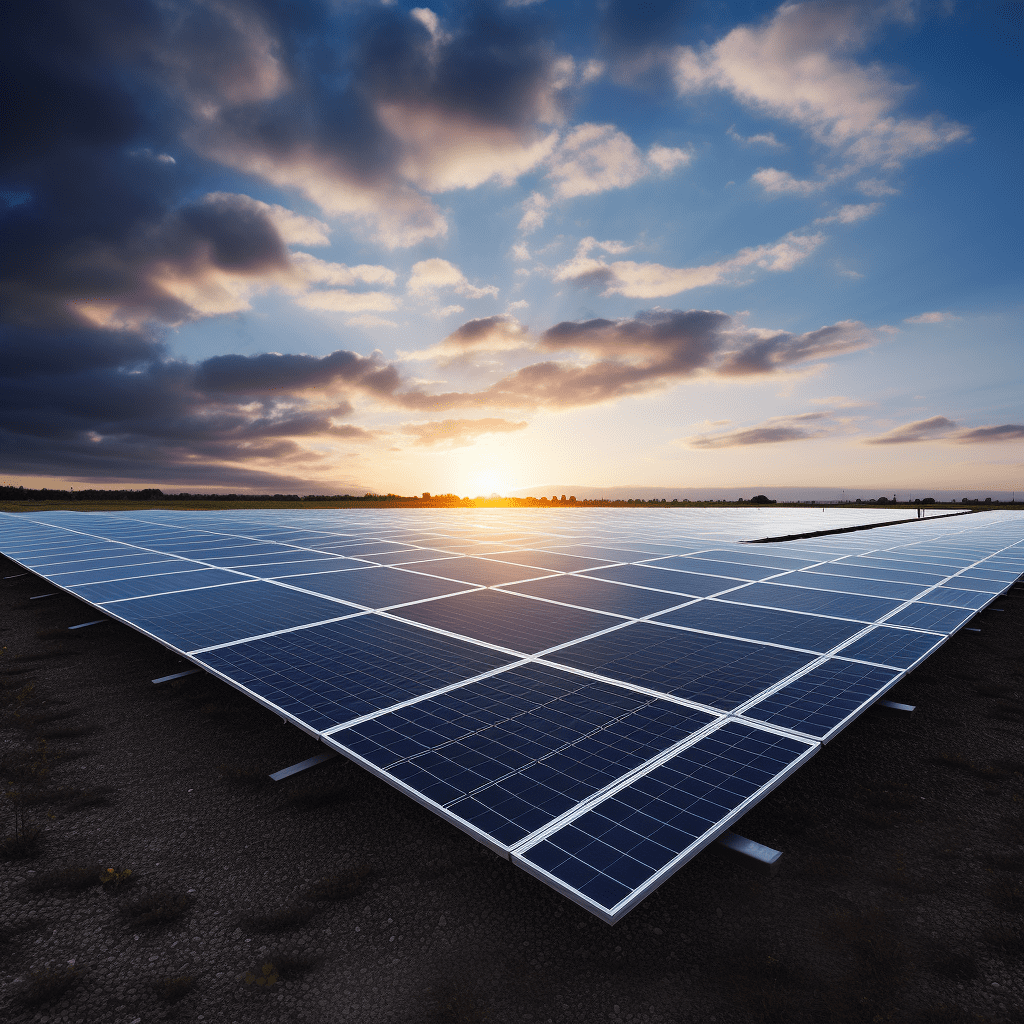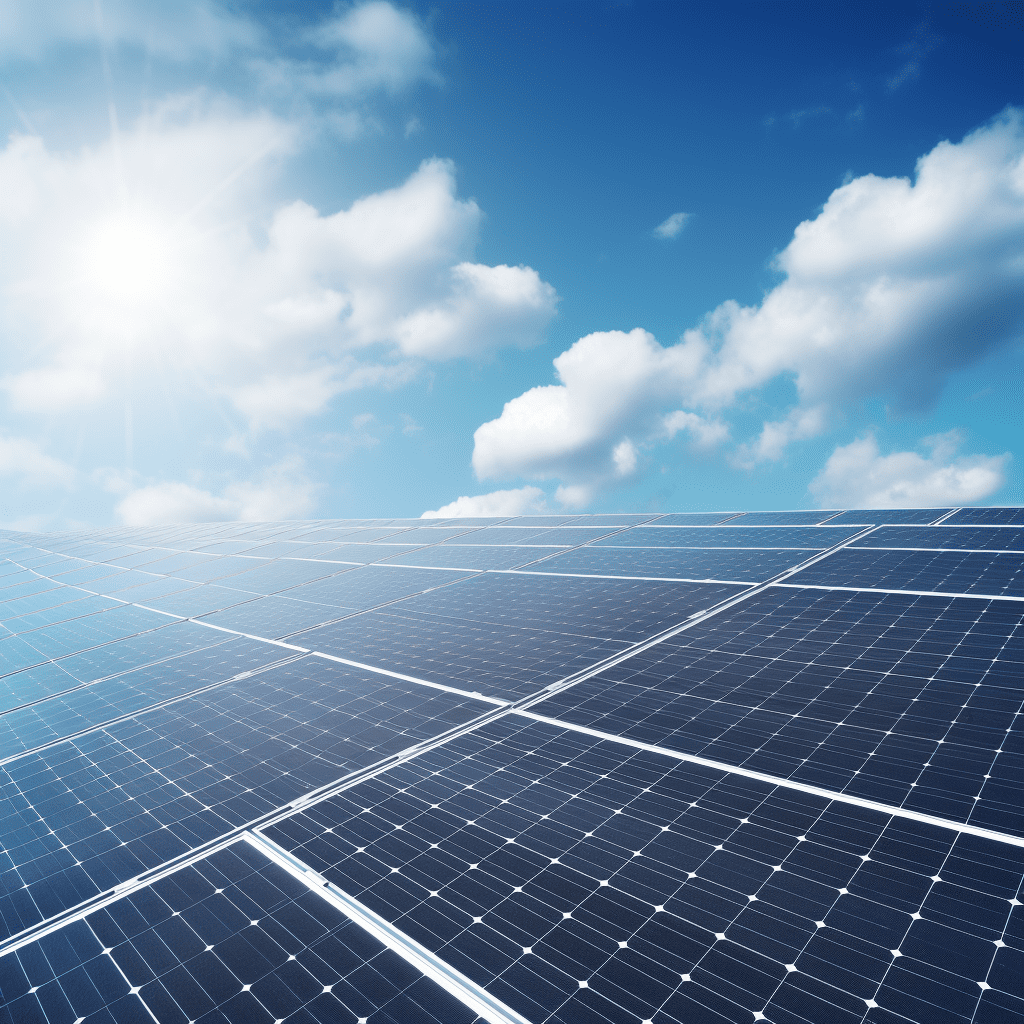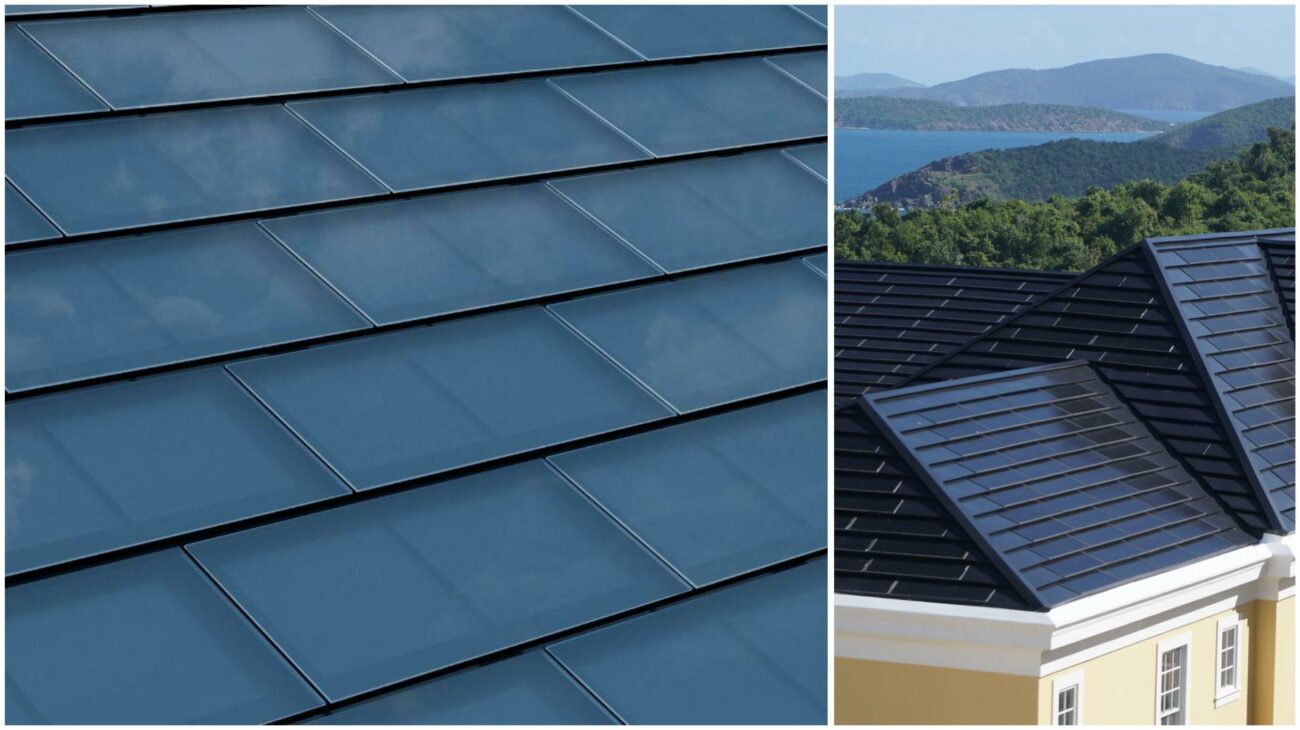Building a mobile 48V solar power system can provide reliable energy for various applications, from camping to emergency backup. This guide outlines essential components, calculations for power requirements, and tips for effective installation, ensuring you can set up your system quickly and efficiently.
What Is a 48V Solar Power System?
A 48V solar power system is designed to convert sunlight into electricity using solar panels, which is then stored in batteries and used to power electrical devices. This system operates at 48 volts, making it suitable for larger applications that require more power than lower voltage systems.
| Specification | Description |
|---|---|
| Voltage | 48 volts |
| Components | Solar panels, inverter, batteries |
| Application | Off-grid living, RVs, emergency backup |
What Components Do You Need for a 48V Solar System?
To build a mobile 48V solar power system, you will need several key components:
- Solar Panels: To capture sunlight and convert it into electricity.
- Inverter: Converts DC electricity from the panels and batteries into AC electricity for use in appliances.
- Batteries: Store energy generated by the solar panels.
- Charge Controller: Regulates voltage and current coming from the solar panels to prevent overcharging.
- Mounting Hardware: To securely install the solar panels.
| Component | Purpose |
|---|---|
| Solar Panels | Capture sunlight |
| Inverter | Convert DC to AC |
| Batteries | Store electrical energy |
| Charge Controller | Prevent overcharging |
| Mounting Hardware | Secure installation of panels |
How Do You Calculate the Power Requirements?
Calculating power requirements involves determining your daily energy needs and matching them with your solar panel output. Use this formula:
For example, if you have devices totaling 600 watts that you use for 5 hours each day:
To determine how many solar panels are needed:
- Divide total daily watt-hours by the average daily sunlight hours (e.g., 4 hours).
- Adjust based on panel wattage (e.g., 300W panels).
| Calculation | Example |
|---|---|
| Daily Watt-Hours | Total energy consumption |
| Average Sunlight Hours | Daily sunlight availability |
| Panels Needed | Total watt-hours divided by panel output |
What Are the Benefits of Using a 48V System?
Using a 48V solar power system offers several advantages:
- Higher Efficiency: Higher voltage systems can transmit power over longer distances with less loss.
- Scalability: Easily expandable to meet growing energy needs.
- Cost-Effectiveness: Fewer components required compared to lower voltage systems.
| Benefit | Description |
|---|---|
| Higher Efficiency | Reduced energy loss over distance |
| Scalability | Expandable based on future needs |
| Cost-Effectiveness | Fewer components lead to lower overall costs |
How Do You Choose the Right Solar Panels?
Choosing the right solar panels involves considering:
- Wattage Rating: Ensure they meet your energy production needs.
- Efficiency: Higher efficiency panels generate more power in less space.
- Type of Panel: Monocrystalline panels are more efficient but costlier than polycrystalline.
| Selection Factor | Considerations |
|---|---|
| Wattage Rating | Match with daily energy needs |
| Efficiency | Higher efficiency means better performance |
| Type | Choose based on budget and space availability |
What Types of Batteries Are Compatible with 48V Systems?
For a 48V solar power system, compatible battery types include:
- Lithium-Ion Batteries: High efficiency and longer lifespan.
- Lead-Acid Batteries: Lower cost but shorter lifespan and heavier.
- AGM Batteries: Maintenance-free option with good performance.
| Battery Type | Advantages | Disadvantages |
|---|---|---|
| Lithium-Ion | Long lifespan; lightweight | Higher initial cost |
| Lead-Acid | Lower cost; widely available | Heavier; shorter lifespan |
| AGM | Maintenance-free; safe | Higher cost than flooded lead-acid |
Redway Battery provides high-quality lithium batteries that can be used as replacements or complements to traditional battery technologies, ensuring reliable energy storage solutions.
Buy Wholesale Battery Tips
For businesses looking to purchase batteries suitable for various applications, partnering with a reliable manufacturer is essential.Redway Battery, with over 13 years of experience, is an excellent choice for battery wholesale buyers or OEM orders clients overseas. To place an OEM order from Redway:
- Identify your specific battery requirements.
- Contact Redway’s sales team with your specifications.
- Discuss pricing, minimum order quantities, and lead times.
- Finalize your order details and confirm production timelines.
This process ensures you receive top-notch products tailored to your needs while benefiting from competitive pricing.
Industrial News
Recent advancements in solar technology have focused on improving the efficiency and reliability of off-grid systems like the 48V solar power system. Innovations in battery technology and smart grid integration are enhancing performance while reducing costs, making renewable energy solutions more accessible to consumers and businesses alike.
Redway Expert Views
“Building an efficient mobile solar power system requires careful planning and quality components,” states an expert at Redway Battery. “By choosing the right batteries and solar panels, users can create reliable systems that meet their energy needs effectively.”
Frequently Asked Questions About Mobile 48V Solar Power Systems
- What is a mobile 48V solar power system? It is a portable setup that generates electricity using solar panels operating at 48 volts.
- What components do I need? Essential components include solar panels, an inverter, batteries, and a charge controller.
- How do I calculate my energy needs? Determine total watt-hours used daily and match them with your solar panel output.
- What types of batteries are best? Lithium-ion batteries are preferred for their efficiency and longevity, though lead-acid options are also available.


